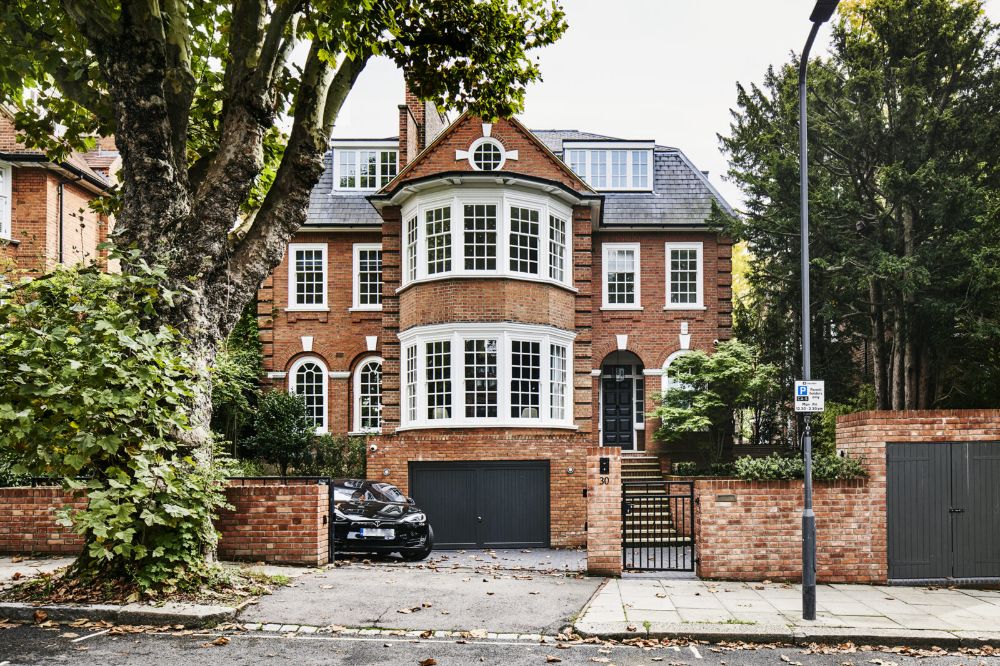Why Property Taxes Matter in London
Buying or renting in London comes with many financial considerations, and property taxes are among the most important. For homeowners, investors, and even tenants, understanding these charges ensures there are no surprises when it comes to budgeting.
Property taxes in London not only contribute to the cost of living but also affect the long-term value and profitability of owning or renting a home. From council tax to stamp duty, knowing what to expect helps you make informed decisions in one of the most competitive property markets in the world.
Council Tax in London
Council tax is one of the most common property-related charges in London. It applies to most households and is paid directly to local authorities. The amount varies depending on the borough and the property’s valuation band, which is based on its estimated value in 1991.
Discounts may apply in certain circumstances, such as for single occupants or students. Since council tax rates differ across London boroughs, two properties of the same value can attract very different annual bills depending on location. For landlords and tenants alike, council tax remains a key consideration when choosing a property.

Stamp Duty Land Tax (SDLT)
Stamp duty is a major cost when purchasing property in London. This tax applies to transactions over a specific threshold, with rates increasing for higher-value properties. Given London’s high property prices, stamp duty often represents a significant upfront cost for buyers.
Additional surcharges apply to second homes and buy-to-let investments, while first-time buyers may qualify for relief on certain thresholds. For anyone planning to buy in London, factoring in stamp duty is crucial when assessing affordability.
Capital Gains Tax on Property Sales
Capital gains tax (CGT) applies when selling a property that has increased in value, unless it is your main residence and qualifies for private residence relief. For investors selling buy-to-let properties or second homes in London, CGT can be a significant cost.
The amount payable depends on the profit made, your income tax bracket, and any available allowances. Understanding this tax is essential for landlords planning an exit strategy or investors considering the timing of a sale.
Inheritance Tax on London Properties
Inheritance tax (IHT) is another property-related tax that may affect homeowners. Given London’s high property values, many estates fall above the inheritance tax threshold. The standard rate is charged on the portion of an estate that exceeds the allowance, though certain exemptions and reliefs apply.
For families, planning ahead is vital to reduce potential liabilities. Many choose to seek professional advice to structure their estate in a way that minimises inheritance tax, ensuring property can be passed on efficiently.
Key Points About Property Taxes in London
Understanding the main types of property tax is essential for anyone buying, selling, or renting in the capital:
Council tax varies between London boroughs and depends on the property’s valuation band;
Stamp duty is charged on purchases, with higher rates for second homes and investment properties;
Capital gains tax applies when selling second homes or investment properties that have risen in value;
Inheritance tax may apply to estates with London properties due to high values;
Planning and budgeting for property taxes is essential to avoid unexpected costs;
By keeping these points in mind, buyers and landlords can better prepare for the financial realities of property ownership in London.

The Impact of Property Taxes on Investors
For property investors, taxes play a critical role in determining profitability. Stamp duty surcharges, capital gains tax, and ongoing council tax all add to the cost of managing a London property portfolio.
Despite these challenges, the city’s strong rental demand and long-term capital growth continue to attract investors. Those who plan carefully and account for tax obligations often achieve sustainable returns. Awareness and preparation are the keys to success.
How Property Taxes Affect Tenants
Tenants in London are usually not directly responsible for taxes such as stamp duty or capital gains, but council tax often falls to them. The cost of council tax can influence where tenants choose to live, especially as rates vary between boroughs.
Renters benefit from understanding how taxes affect landlords as well, since these costs can indirectly influence rental prices. In a competitive market like London, property taxes shape decisions for both sides of a tenancy.

Trends in London’s Property Tax Landscape
Over time, property taxes in London have evolved with changes in government policy. Stamp duty rates have been adjusted frequently, especially for high-value homes. Meanwhile, rising property prices in London mean more estates are subject to inheritance tax than in other parts of the UK.
With property taxes being a key revenue source, it is likely they will continue to play a central role in shaping the housing market. Buyers, landlords, and tenants alike must stay informed about policy changes to avoid unexpected costs.
Conclusion: Navigating Property Taxes in London with City Realtor
Property taxes in London are a crucial factor for anyone involved in the housing market. From council tax and stamp duty to capital gains and inheritance tax, each plays a role in shaping affordability and long-term value.
City Realtor understands how these taxes affect buyers, landlords, and tenants. By staying informed and planning ahead, you can navigate London’s property market with confidence. Whether purchasing, renting, or investing, awareness of property taxes ensures better decision-making and smoother financial management in the capital.
